Life in the bush can be hard, and with a growing disconnect between the food producers and our urban consumers, we really need to watch how we communicate our message.
I was driving my three children home from school one day and refereeing a discussion between the two eldest. It is a long drive home, 74km to be exact. Some days it seems to take forever.
On this occasion as the car was winding down the range, it was my son’s turn to be reprimanded.
‘Rob, what you are suggesting is not fair to your sister’.
And then he got to respond.
Are you ready for it …
‘Well Mum, as Dad says, life’s not fair – so suck it up big girl’.
Yep, that is what he said. And once again I had to discuss my response with not only my children but also my husband when I got home.
How easy it is to justify our comments with life’s little sayings. But what about the message behind the words?
Is it time for Australian agriculture to reconsider its message? We have to remember there is now an entire generation that no longer has a personal connection to a farmer. Gone are the days when city cousins came out to get a taste of life on the land. The dialogue has changed.
By telling our consumers to thank a farmer for their food, what are we really saying? If I worked long hours in an office or behind a counter at a shop, I think I would be justified in thanking myself for the meal I provided for my family.
Or what about ‘you need us because we feed you?’ Again I don’t agree with that message.
Australian agriculture has high standards in food quality and food safety that consumers recognise is important. But we have been doing that for so long it is now just expected.
Australian producers are world leaders, meeting World Organisation for Animal Health (GIE) welfare standards. We even train other countries to our high standard.
We aren’t so good in getting that message out.
The image of the Australian farmer is an iconic one. The reality of what an Australian farmer is seems to be stuck back in time.
The message and words must change if we are to reconnect with our consumers. Social media means we have an opportunity to do just that.
Jody Allen from stayathomemum.com.au is a great choice as ambassador for Agforce. She is able to communicate a positive message about farmers with her audience. But animal activists and lobby groups are also online.
Our industry and the people who work in it have a social responsibility. What is said, recorded and shared can be accessed. Now, more than ever, we have to think about how our words and the images we share can be interpreted.
This is not about personal liberties. Farming is a business. We must think about what the consumers expect from their suppliers and respond accordingly.
What values do customers want us to be demonstrating in our production processes? There is every chance we already do what they want, but to connect we must communicate our messages clearly.
Collaboration is essential. When consumers say what they want, we need to be able to demonstrate how we do that. They don’t want the details, they just want our reassurance that we are doing the right thing.
How can we keep our consumers happy? What words should we be using to describe Australian agriculture?
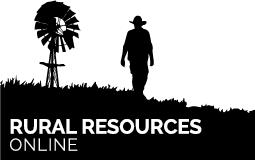
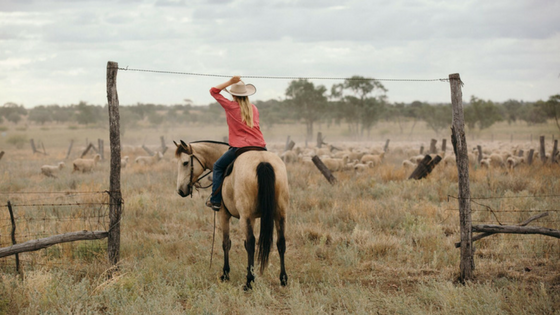
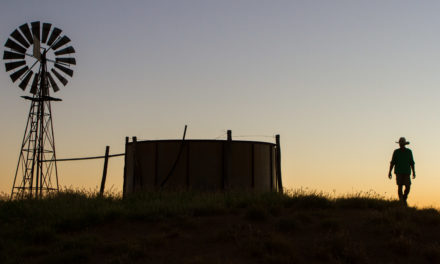
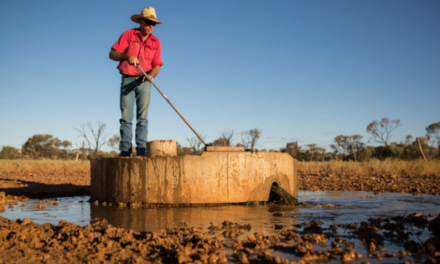
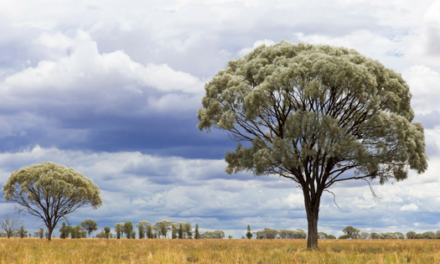
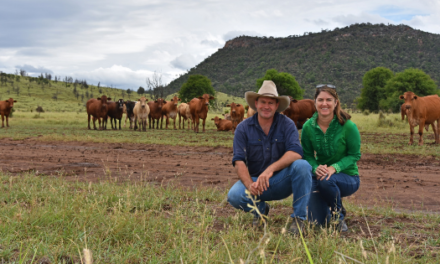
Worked on the producer-consumer connection as a committed “educator” in the very challenging public arena where the points you have raised were identified (almost word for word as I go through my notes), 25 years ago. Well said and yes we need to, not only use, but almost live and breath social media, if we are going to take the general public with us on our journey. Enough said. Good luck.
You are spot on. Social media provides a fantastic opportunity to connect and share our stories. It also comes with responsibility, as every producer is representing their Industry when they post online. Fiona Lake advised at a workshop to not publish any picture that needs a caption because someone else can take that picture, use a different caption and change the intended message completely. Australian agriculture needs to take that social licence very seriously.